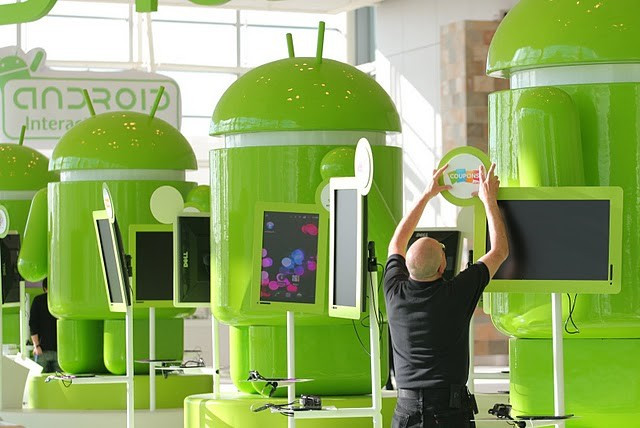Google vs Oracle: Trial in May as talks fail over Big Red seeking billions for use of Java in Android

Google and Oracle have once again failed to negotiate in an ongoing lawsuit from 2012 where the latter is seeking damages amounting to billions of dollars from the former over excess usage of Java codes in Android OS. Failing to reach an out of court settlement, the case will now go on trial in May, when a jury will decide if Google had the right to use these parts of Oracle's programming for free or whether it owes the company damages.
The heads of both the companies, Google CEO Sundar Pichai and Oracle CEO Safra Catz, along with their senior executives and counsels were present for the talks, which lasted for over six hours. After failing to bridge the differences, the court said: "Some cases just need to be tried. This case apparently needs to be tried twice. However unsuccessful, the court appreciates the parties' settlement efforts — especially those of Ms Catz and Mr Pichai."
Google-Oracle #Android settlement conference failed today, included Google CEO @sundarpichai, Oracle CEO Safra Catz. pic.twitter.com/isescDMI3Y
— Mike Swift (@Swiftstories) April 15, 2016
Tried twice? Yes, you read it right. An order in the case had already been passed by a San Francisco federal court in 2012 where the jury deadlocked on Google's fair use defence. The trial judge ruled that the structure of the Java APIs used by Google was not copyrightable.
"So long as the specific code used to implement a method is different, anyone is free under the Copyright Act to write his or her own code to carry out exactly the same function or specification of any methods used in the Java API. It does not matter that the declaration or method header lines are identical," the court had ruled back then.
However, in May 2014, the Federal Circuit Court of Appeals, where Oracle had filed an appeal, partially reversed the district court verdict and instead ruled in Oracle's favour. The appeals court reversed the earlier ruling, stating that "structure, sequence and organization" of an API was copyrightable.
The case was then remanded back to the district court for reconsideration of the fair use defence. Google then made attempts for a petition all the way to the the views of the solicitor general through the US Supreme court. But the solicitor general agreed with the appeals court, putting the ball back in the district court. Thus, both the companies participated in the court-ordered settlement conference to avoid a retrial in May, which they have clearly not been able to achieve.
If an analysis by Oracle's expert witnesses James Malackowski is to be believed, the company could be seeking $475m (£334m) in damages and up to $8.89bn in recovered Android profits .Google has slammed this calculation, saying Malackowski included money made from ads and hardware sales too in his calculations.
Interestingly, Java, which is at the heart of the discussion, was originally developed by Sun Microsystems starting 1991.Google had previously negotiated with Sun about possible partnership and licensing deals for Java but no agreement was ever reached. As it would happen, Oracle purchased Sun in January 2010, continued developing Java and ended up suing Google for copyright and patent infringement in August 2010.
© Copyright IBTimes 2025. All rights reserved.





















